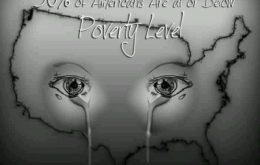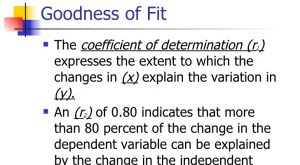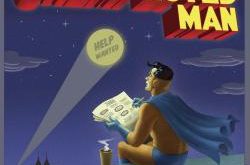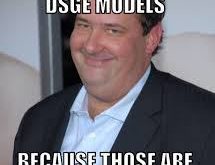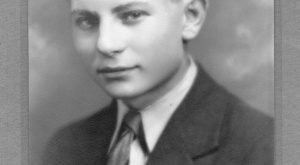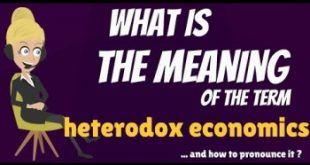The logical fallacy that good science builds on In economics most models and theories build on a kind of argumentation pattern that looks like this: Premise 1: All Chicago economists believe in REH Premise 2: Robert Lucas is a Chicago economist —————————————————————– Conclusion: Robert Lucas believes in REH Among philosophers of science this is treated as an example of a logically valid deductive inference (and, following Quine, whenever logic is used in...
Read More »Cutting wages is not the solution
Cutting wages is not the solution A couple of years ago yours truly had a discussion with the chairman of the Swedish Royal Academy of Sciences (yes, the one that yearly presents the winners of The Sveriges Riksbank Prize in Economic Sciences in Memory of Alfred Nobel). What started the discussion was the allegation that the level of employment in the long run is a result of people’s own rational intertemporal choices and that how much people work basically...
Read More »Goodness of fit
Which independent variables should be included in the equation? The goal is a “good fit” … How can a good fit be recognized? A popular measure for the satisfactoriness of a regression is the coefficient of determination, R2. If this number is large, it is said, the regression gives a good fit … Nothing about R2 supports these claims. This statistic is best regarded as characterizing the geometric shape of the regression points and not much more. The central difficulty with R2...
Read More »Debunking the NAIRU myth
Debunking the NAIRU myth In our extended NAIRU model, labor productivity growth is included in the wage bargaining process … The logical consequence of this broadening of the theoretical canvas has been that the NAIRU becomes endogenous itself and ceases to be an attractor — Milton Friedman’s natural, stable and timeless equilibrium point from which the system cannot permanently deviate. In our model, a deviation from the initial equilibrium affects not...
Read More »Big Data — poor science
Big Data — poor science Almost everything we do these days leaves some kind of data trace in some computer system somewhere. When such data is aggregated into huge databases it is called “Big Data”. It is claimed social science will be transformed by the application of computer processing and Big Data. The argument is that social science has, historically, been “theory rich” and “data poor” and now we will be able to apply the methods of “real science” to...
Read More »Nostalgin var bättre förr …
Nostalgin var bättre förr … [embedded content] Advertisements
Read More »Modern macroeconomics — too much micro and not enough macro
Modern macroeconomics — too much micro and not enough macro This paper … looks back into the pre-crisis (pre-2007) intellectual history of macroeconomic theory and argues that modern macro neglects the basic sources of both impulses and propagation mechanisms of business cycles. The basic problem is that modern macro consists of too much micro and not enough macro. Focus on individual preferences and production functions misses the essence of macro...
Read More »New Keynesian DSGE models and the ‘representative lemming’
If all agents are supposed to have rational expectations, it becomes convenient to assume also that they all have the same expectation and thence tempting to jump to the conclusion that the collective of agents behaves as one. The usual objection to representative agent models has been that it fails to take into account well-documented systematic differences in behaviour between age groups, income classes, etc. In the financial crisis context, however, the objection is rather...
Read More »Paul Samuelson’s balanced budget religion
Paul Samuelson’s balanced budget religion I think there is an element of truth in the view that the superstition that the budget must be balanced at all times [is necessary]. Once it is debunked, [it] takes away one of the bulwarks that every society must have against expenditure out of control. There must be discipline in the allocation of resources or you will have anarchistic chaos and inefficiency. And one of the functions of old fashioned religion was...
Read More »Dani Rodrik a heterodox economist? You must be joking!
Dani Rodrik a heterodox economist? You must be joking! I discussed long ago what it means to be heterodox in economics. Bob Kuttner, who I once saw giving a talk at the New School (in the 1990s), a very sharp journalist that knows quite a bit about economics, sings the praises of Dani Rodrik as an heterodox economist … Rodrik is, or was a few years ago at least, in what Colander, Holt and Rosser refer to as the cutting edge of the profession … which is to...
Read More » Lars P. Syll
Lars P. Syll


